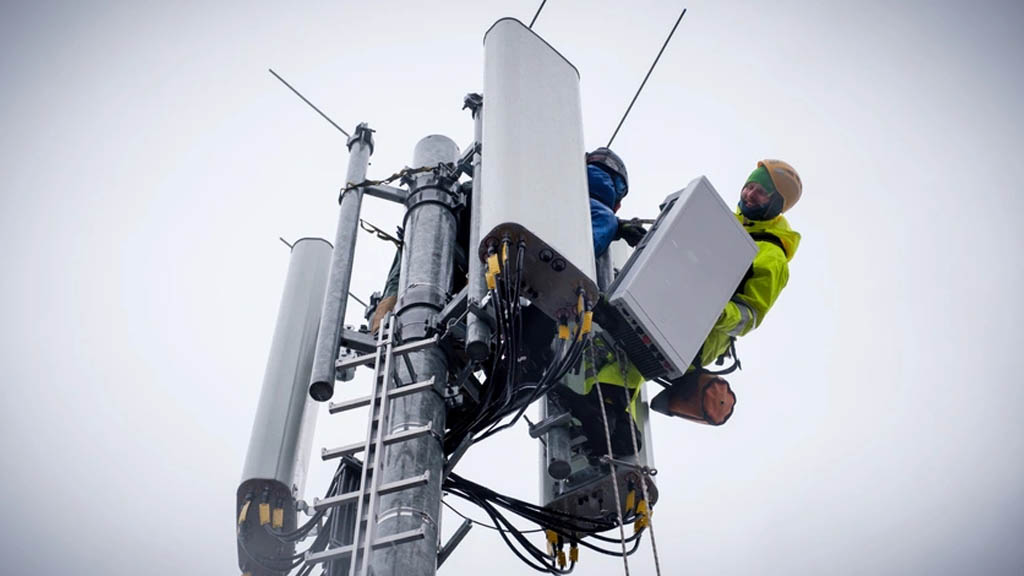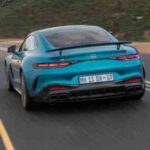In the competitive world of 5G technology, Huawei has established itself as a dominant force in China, leaving its rivals, Ericsson and Nokia, facing significant challenges. This situation has raised concerns about the future of 5G development as these companies navigate the complex landscape of Chinese telecommunications.
Huawei’s Stronghold
Huawei’s extensive infrastructure and strong relationships with local telecom operators have solidified its position in the market. With a wide range of innovative products and solutions, the company has captured a significant share of the 5G market in China, making it difficult for Ericsson and Nokia to compete effectively.
Challenges for Ericsson and Nokia
Both Ericsson and Nokia have been trying to gain a foothold in the Chinese 5G market, but their efforts are hampered by various factors. The strict regulations and the preference for local suppliers have created hurdles for these foreign companies. Additionally, Huawei’s established presence means that potential clients are often less inclined to switch to competitors.
Future Prospects
As the battle for 5G supremacy continues, Ericsson and Nokia must find innovative ways to differentiate themselves and convince Chinese telecom operators to consider their offerings. This may involve partnerships, new technologies, or unique service propositions that can entice clients away from Huawei’s grasp.
Conclusion
The ongoing dominance of Huawei in China’s 5G sector poses significant challenges for Ericsson and Nokia. Their ability to adapt and innovate will be crucial in determining whether they can carve out a niche in this competitive environment. Stay tuned for more updates as this story develops!






